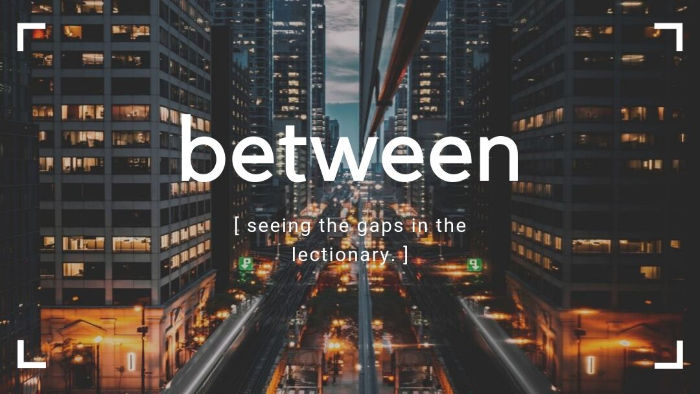
A look at the gaps in the lectionary.
This week: the gap between Epiphany 6A and Epiphany Last A.
The text: Matthew 6-16.
Obviously we’re skipping a ton of stuff to go from the Sermon on the Mount to the Transfiguration. We’re not going to cover it all. Because, well, that’s ridiculous.
But it does invite the opportunity to think about the themes in Matthew, how they play out in the broadest sense, and what it means for them when they arrive at that mountain “six days later.”
One of those themes, and it is, perhaps, the most significant one, is how Jesus frames his teaching. In Matthew, everything seems to be about The Kingdom of Heaven. And in this gospel more than any other, his teachings clash and contrast with the common culture of the age.
And let’s be honest, it is the common culture of any age.
This leads to those events at the end of chapter 16. Jesus has fed the multitudes, warned of the Pharisees, and then, when they arrive in Caesarea Philippi, Jesus asks The Question.
Who do people says that I am?
and then
Who do you say that I am?
Messiah, Peter says.
Brilliant. But only by half, right? Because Jesus predicts his death and Peter says no and Jesus calls him Satan.
And then he says that followers will take up their crosses and follow him.
Then the six days pass.
The Transfiguration is colored by this duality.
- Jesus is the Messiah.
- He is to die.
And the reason it is incomprehensible to Peter is precisely because he is seeing with the eyes of his culture, not the eyes of Jesus. In the spiritually-bankrupt, dog-eat-dog, might-is-right world of Roman occupation and the eternal lust for kings to rule the people, Messiah’s only die when they suck at being Messiahs.
But, in the Kingdom of Heaven, Messiahs don’t conquer, they love. Sacrifice. Offer themselves to the world.
This is what Jesus is teaching on the first day. And on the seventh, he takes that very same Peter up a mountain to witness greatness through the eyes of God.
